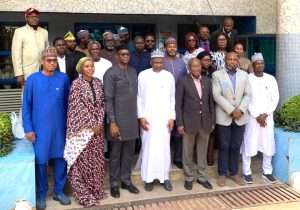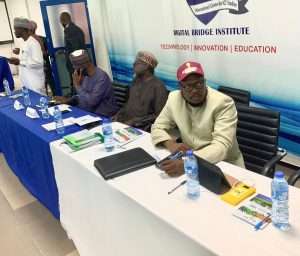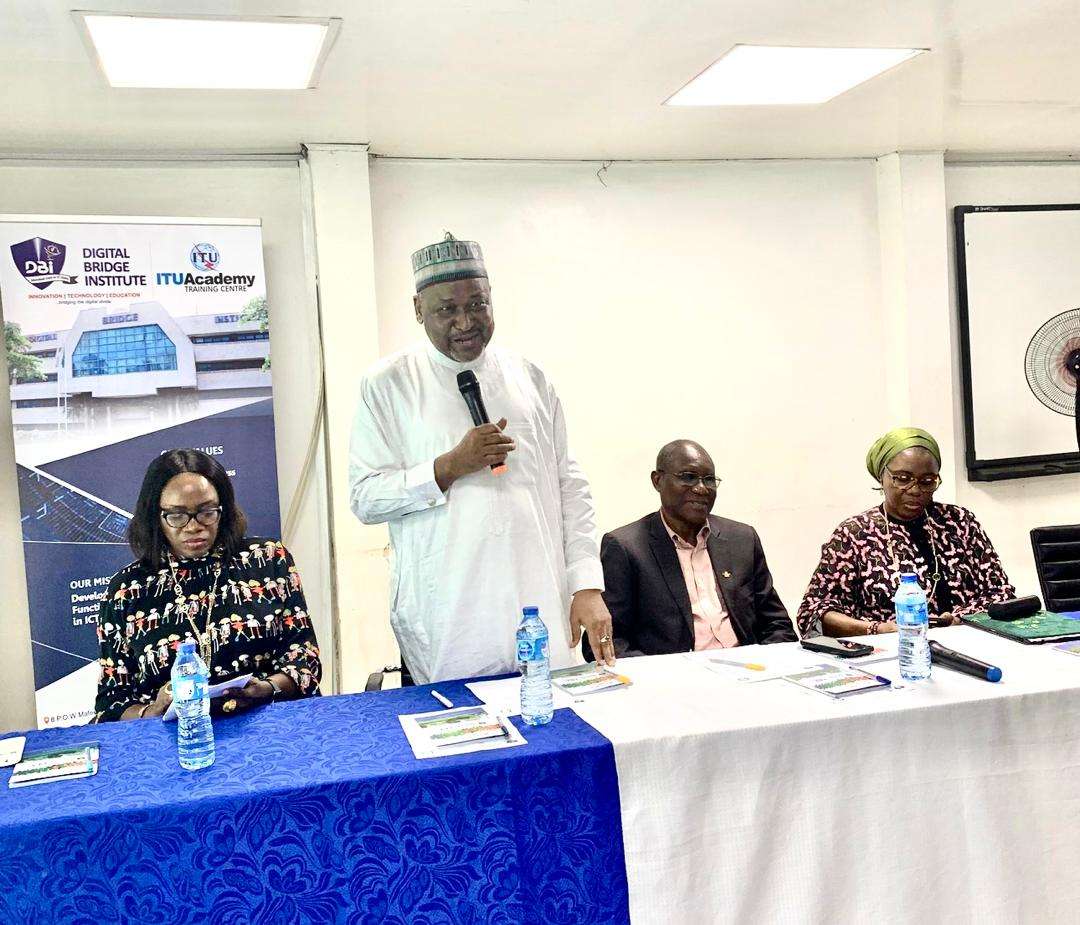The ICT Sector Skills Council was officially inaugurated at the Digital Bridge Institute’s Abuja office, a significant milestone as approved by the National Board for Technical Education (NBTE) under the Nigerian Skills Qualification Framework (NSQF). This council represents a collaborative effort to enhance the digital technology sector in Nigeria, aiming to address the skills gap and foster a highly competent workforce.

The NSQF, formerly known as NVQF, is designed to develop, classify, and recognize the skills, knowledge, understanding, and competencies acquired by individuals. This framework ensures that regardless of where and how training or skills were acquired, they are acknowledged and comparable across different levels of education and professional development. The primary objectives of the NSQF include promoting lifelong learning and providing quality assurance and recognition for acquired skills.
By structuring the qualifications, the NSQF makes it simpler for individuals to understand how different qualifications relate to each other and how one can progress from one level to another, thus promoting continuous personal and professional development.
The newly formed ICT Sector Skills Council comprises prominent organizations committed to enhancing Nigeria’s tech ecosystem. The council members, with NIIT as the newly elected chair, include:
- National Institute of Information Technology (NIIT)
- National Information Technology Development Agency (NITDA)
- Computer Professionals (Registration Council) of Nigeria (CPN)
- Engausa Global Tech Hub Ltd. (ENGAUSA HUB)
- National Communications Commission (NCC)
- Digital Bridge Institute (DBI)
- Cisco
- Huawei
- Nigeria Computer Society
- Hyper Tech Nigeria Ltd.
The inauguration of the ICT Sector Skills Council marks a crucial step toward scaling up the development of the Nigerian Skills Qualification Framework. By bringing together these esteemed organizations, the council aims to standardize and elevate the quality of ICT training and qualifications in Nigeria. This collective effort will not only enhance the competencies of the Nigerian workforce but also ensure that the skills acquired are relevant to industry demands, thereby improving employability and career mobility.

In the closing remarks of his inaugural speech, the NBTE boss, Prof. Idris Muhammad Bugaje, commended Cisco and Huawei for their affordable digital literacy training for polytechnic students. He also praised ENGAUSA Hub for the outstanding results of its inclusive multilingual system of problem-based learning, which is taking center stage with an innovative approach to bridging skill gaps in Kano and other parts of the country.
The council’s role includes developing curricula, setting standards for ICT education, and providing certification through the Computer Professionals (Registration Council) of Nigeria. With NIIT at the helm, the council is well-positioned to drive forward initiatives that promote lifelong learning and ensure quality assurance in ICT skills development.
In summary, the formation of the ICT Sector Skills Council under the NSQF is a transformative development for Nigeria’s technology sector. It promises to enhance the quality and recognition of ICT skills, foster innovation, and ensure that Nigerian youth are well-equipped to meet the demands of the global tech industry. As this council embarks on its mission, the collaborative efforts of its members will undoubtedly lead to significant advancements in Nigeria’s digital economy.

 Join Daily Trust WhatsApp Community For Quick Access To News and Happenings Around You.
Join Daily Trust WhatsApp Community For Quick Access To News and Happenings Around You.


